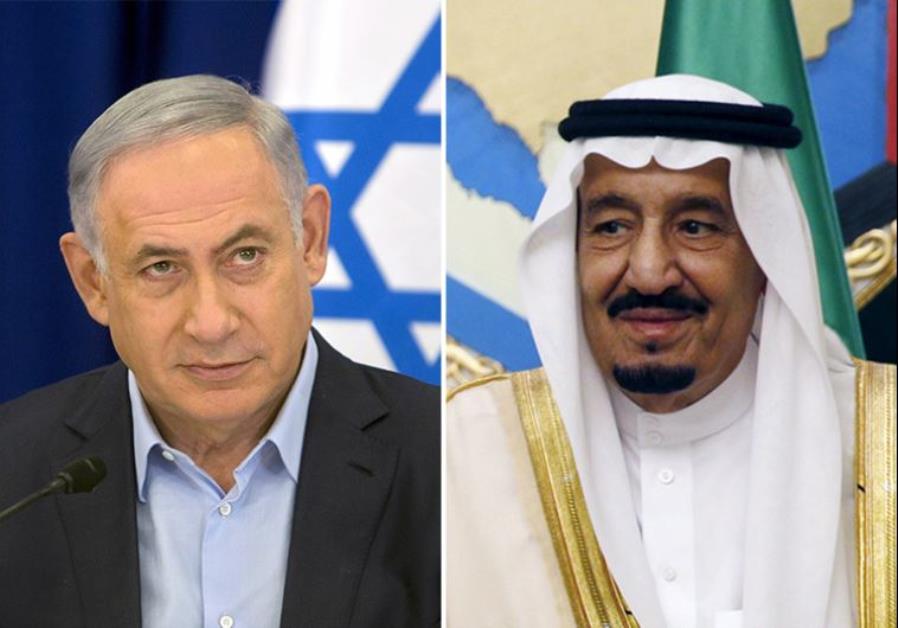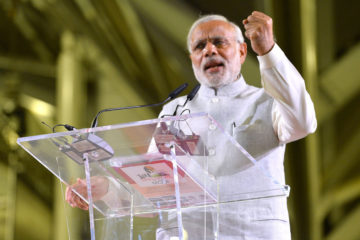On 2 December, a powerful airstrike hit a Syrian military base in the city of Al-Kiswa, 13 kilometres south of Damascus. The strike went unclaimed but almost immediately after, the Israeli president Benyamin Netanyahu sent a warning message to his Syrian counterpart. The warning was simple: if Syria continues to afford the Iranians free reign in the country then she can expect more airstrikes from Israel in the near future. The fact is that the target of the airstrike was not a Syrian base at all. It was an Iranian military complex and the most significant symbol to date of Tehran’s long-term military strategy in Syria.
Israel has feared an Iranian presence in Syria since 2015 when big wins for the Syrian regime meant that it might actually win the war. This year, the forces of President Assad re-conquered swathes of the country and they were assisted at every step by Iran. Iranian generals coordinated campaigns which brought together all the elements of Iran’s growing regional hegemony. The elite Revolutionary Guard, Hezbollah (Iran’s Lebanese proxy), a Shia “foreign legion” from Pakistan and Afghanistan, and Shia militias from Iraq have all played roles in saving the Assad regime from destruction (with Assad himself being a Shia of the minority Alawite sect).

There are two key reasons why this Iranian military presence in Syria is so dangerous for Israel. Firstly, the very existence of a Jewish State in Palestine is anathema to the clerics who rule Iran. An Iranian attack on Israel would be true to the spirit of the ideology propagated by Tehran since 1979 when a revolution brought the Islamic fundamentalist regime to power. This pure ideological opposition to Israel is why Tehran has always supported Hamas despite the group’s Sunni Islamist agenda and close ties to some of Iran’s regional enemies.
The second reason relates to the Gulf region’s geopolitics. Following the Islamic Revolution, Iran saw itself as a special agent of God, bringing about a political incarnation of Islam in the same way that the Prophet Muhammed did. Iran was sending out a message to all the world’s Muslims that her revolution was an act of deep piety and one to be replicated in all Muslim lands. Yet this posturing worried Saudi Arabia which always saw itself as especially pious and, as the custodian of Mecca, the true spiritual leader of the global Islamic community. This rivalry has led to a continuing power struggle animated by competing claims about who is the most pious and true to Islam. This is where Israel comes in, because there is nothing which bolsters such a claim with more legitimacy than leadership of the Palestinian liberation movement, a cause behind which all Muslims can unite. Whoever leads the Palestinians against Israel is the de-facto leader of the Muslim nation, bringing all of Islam’s adherents behind a powerfully emotive cause. With Iran stronger than it has ever been and with allies now bordering Israel on two fronts, it would not be surprising at all if Tehran decided to seize the initiative and do the job which the Arab states have been unable to do since 1948 — that is, destroy Israel.
Islam’s rival powers
With this in mind, the current developments in the Middle East seem like a perfect storm. Firstly, the annihilation of Islamic State and the winding down of the Syrian war will give Iranian generals more time to consolidate their position in Syria and build up the infrastructure needed to supply their allies in Lebanon. Secondly, there is the Trump factor. President Trump has been outspoken about his opposition to the Iranian nuclear deal and this has allowed the influence of anti-American conservatives to grow.
To make things more complicated, if Iran continues to build up its forces in Syria then there is the possibility that Saudi Arabia may adopt an increasingly hostile position towards Israel in order to shore up its own anti-Zionist credentials. Saudi Arabia’s alliance with America has always muffled its rhetoric against the Jewish state as Israel is also a close American ally. Riyadh’s condemnatory response to Trump’s Jerusalem move may therefore be a sign of the Kingdom’s willingness to side-line this relationship with America so as to stay in the game against Iran. Saudi Arabia’s decision to open up a new front in the Yemeni civil war last week despite President Trump’s calls for the Saudis to halt their campaign may also reflect a souring relationship that will give Saudi Arabia more flexibility in its policy towards Israel. So not only is there the prospect of an Iran-Israeli war but another Arab-Israeli war may also be on the cards.
The Syrian Civil war may therefore turn out to be the priming charge for a much greater struggle merging Saudi-Iranian power games with the Israeli-Palestinian conflict. So many factors now align against Israel yet the tendency of the international community to dismiss the possibility of extreme action means that many may be caught off guard when the first move is made, whether that is by Saudi Arabia or Iran.


